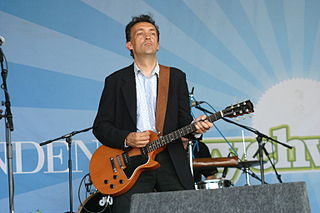A Quote by Cynthia Ozick
Hebrew as a contemporary language, especially for poetry, is no longer the language of the Bible; but neither is it not the language of the Bible.
Related Quotes
We believe we can also show that words do not have exactly the same psychic "weight" depending on whether they belong to the language of reverie or to the language of daylight life-to rested language or language under surveillance-to the language of natural poetry or to the language hammered out by authoritarian prosodies.
The language of all the interpretations, the translations, of the Judaic Bible and the Christian Bible, is musical, just wonderful. I read the Bible to myself; I'll take any translation, any edition, and read it aloud, just to hear the language, hear the rhythm, and remind myself how beautiful English is.
Today we take it for granted that the Bible is in our language. We forget that the Bible used to not be available to the common man. It's no wonder that TIME magazine recorded the number one event of the last 1,000 years was the Gutenberg printing of the Bible which made this book available in mass form to all people.






































